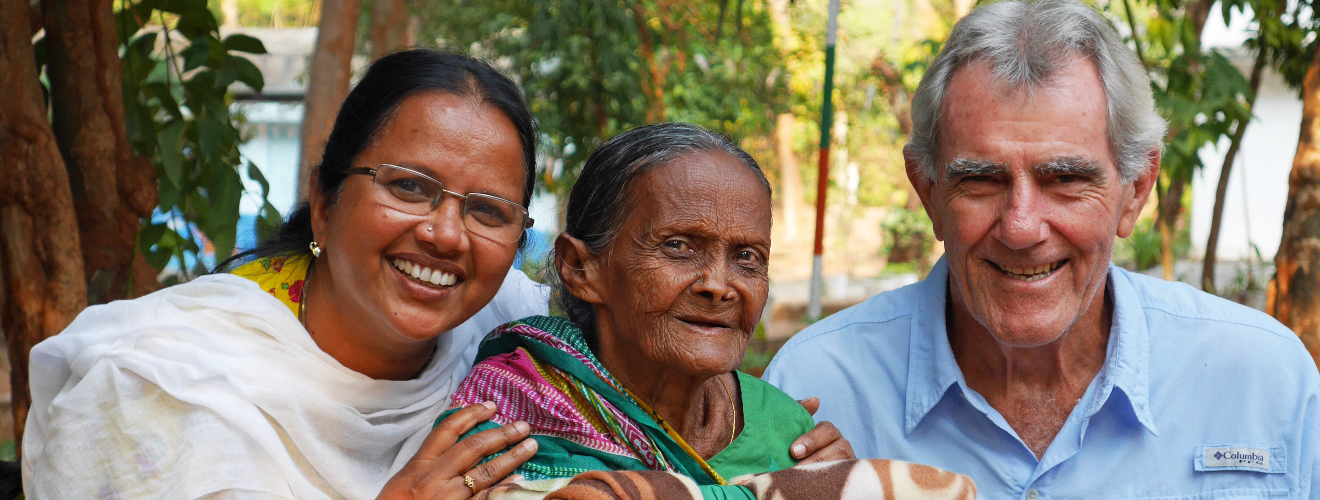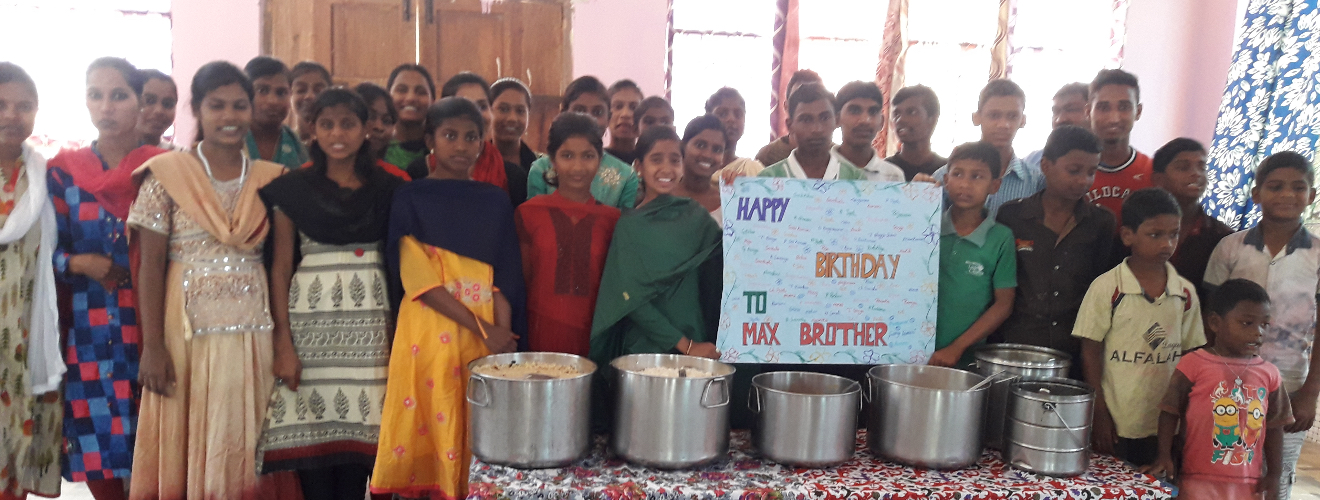Business of Smiles
Nothing prepares you for the New Hope Children’s Village. It is at Kothavalasa in the recesses of Andhra Pradesh’s Vizianagaram district. Scruffy roads lead you there through dismal surroundings. There are no signboards, no grand statements, no intimations of any kind of what is in store. The village itself begins unannounced: a cluster of single-floor structures on 13 acres without a significant gate or wall to seal them off. Entry is by turning off the road...





